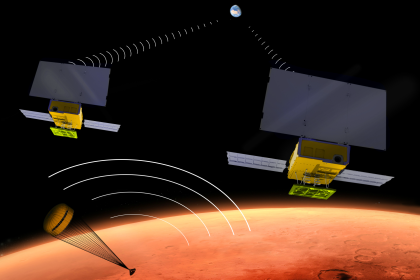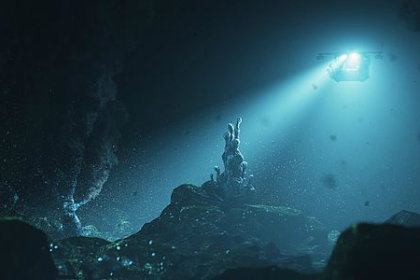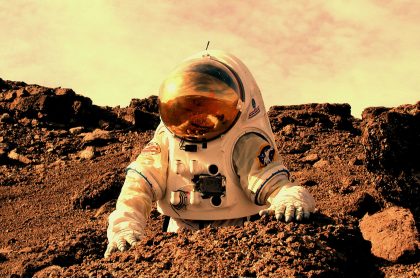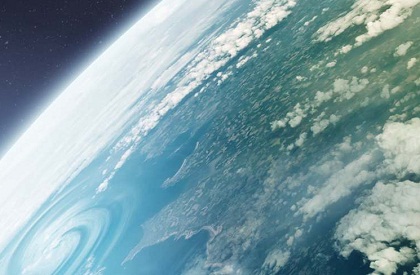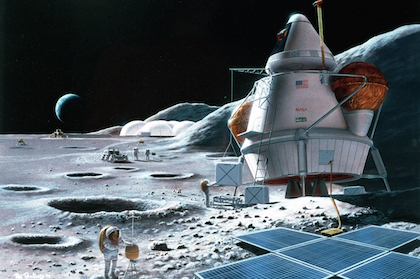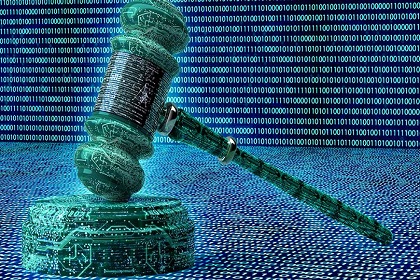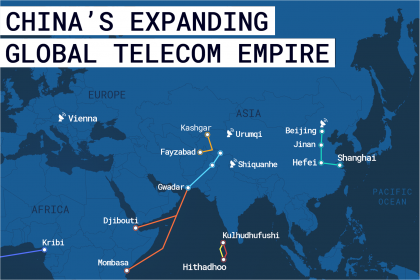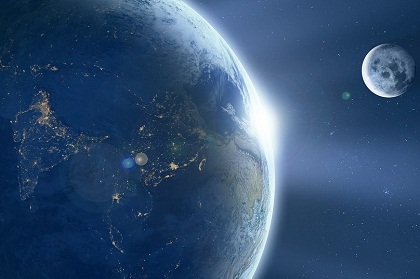Emergence of the interplanetary telecom industry
The NASA InSight mission has demonstrated that cube satellites can, after all, endure interplanetary travel. Such miniaturisation of technology looks set to disrupt the obsolete 20th century approach to space exploration. It will give rise to an interplanetary telecom industry, which is indispensable for the support of human presence on Mars

